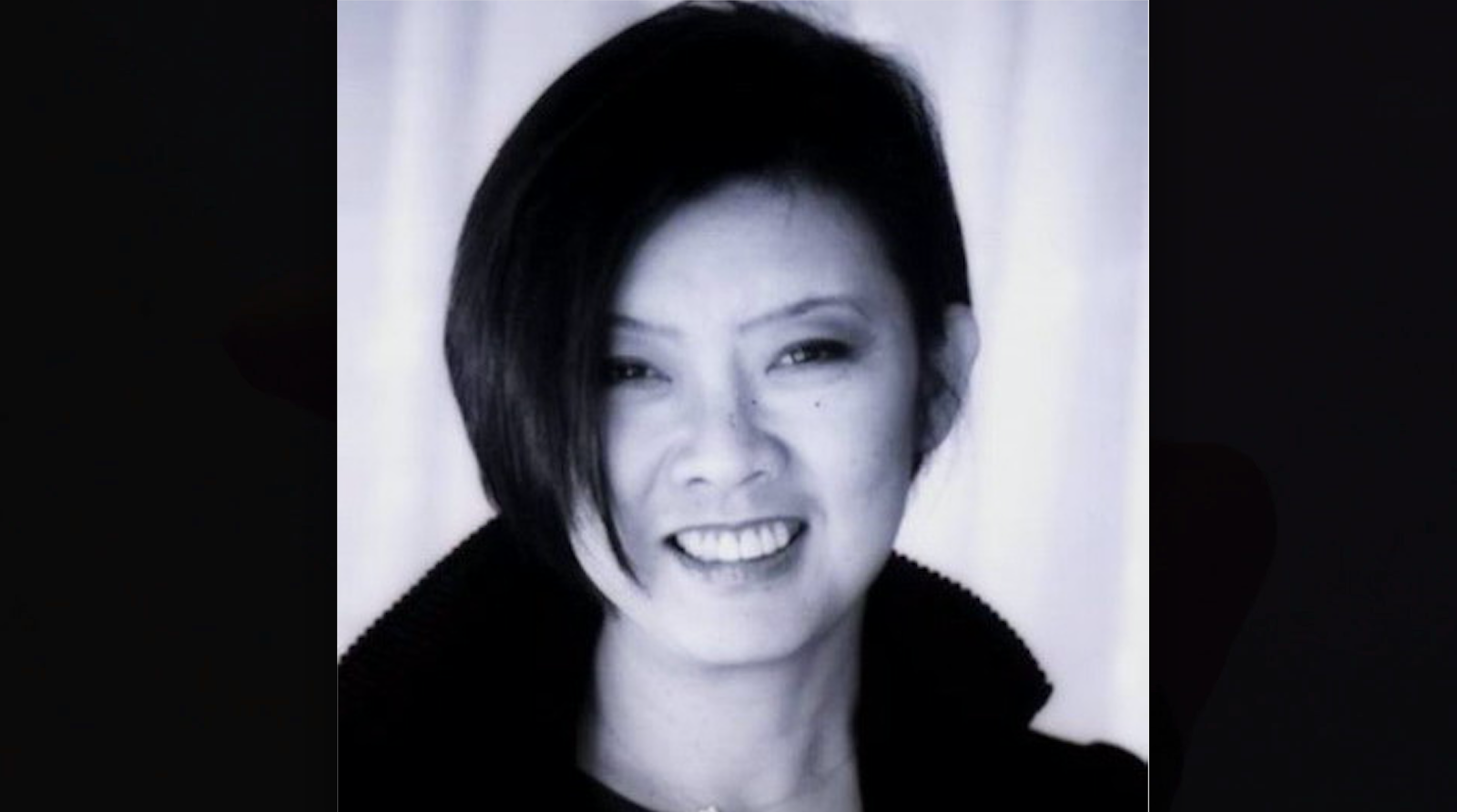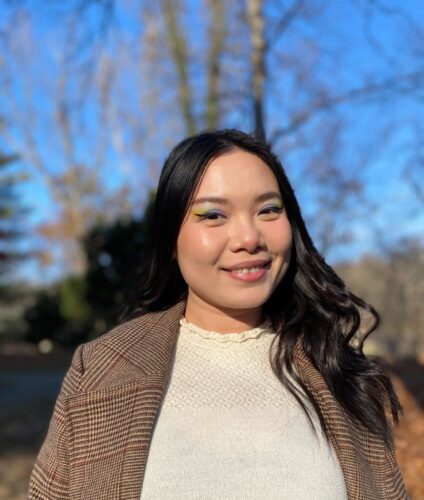Q&A: Ann Hu on being a Chinese-born filmmaker and foreign film distribution in China

Ann Hu is a Chinese-born writer, producer, and director who is known for her work on films such as her award-winning debut, Shadow Magic, and her upcoming feature film, Confetti. She is the founder and president of Media Assets Inc., a media investment company that specializes in financing media projects, film productions, the arts, and other ventures. Hu is also the co-founder of Media Alive, a film distribution company that is dedicated to bringing international films to the Chinese market.
Hu will be a participant on the consumer and retail panel at The China Project’s third annual Women’s Conference, which will take place on Monday, May 20, at the Harmonie Club of New York. Before the event, she spoke with us about how she became a filmmaker and foreign film distribution in China.
The China Project: Tell us a bit about your professional background. What prompted you to leave the investment world and become a filmmaker?
Hu: Not long ago, I heard an acquaintance mention to others that he got to know me when I was still a translator. Thinking back, becoming a translator was actually a high point in my life, after many years of the Cultural Revolution, then coming to America with five dollars in my pocket, working all sorts of odd jobs to finish attending a university, and beginning to work in the corporate world translating for Chinese delegations and American counterparts. Wasn’t that a dream come true? One thing leads to another. I started putting deals together, from barter trades and turn-key projects to zillion-dollar commodities trades. Then I worked for an Australian conglomerate called Elder and became the highest-profit generator in New York for a couple of years. Soon after, I began investing personally in real estate, art, and companies. One of the companies went public and my investment was nicely rewarded.
But what is next? I figured I didn’t go through all the struggle just to become a money machine. I don’t hate money, but there are things in life I consider “luxury.” One of the biggest luxuries, to me, is about being free to do the things you want to do, in the way you want to do it. And there are many great things in this world that can catch one’s fancy. One night at a party in New York, I met the Chinese film director Chen Kaige 陈凯歌. We became friends. His creative vision was intriguing enough to transform me from a businessperson to wanting to become a filmmaker. With much agony, I quit the business side of life, and went back to New York University to take film courses. Then I wrote three pages of a script and did a short film right after.
The China Project: You embarked on your career as a filmmaker in 1992 and have completed four feature films so far. Do you have any advice for young filmmakers, especially those from China?
Hu: There is a saying, “If you enjoy what you do, you never have to work one day.” This is not entirely true, at least not for me, not in the filmmaking industry. I absolutely love making films. But this is probably the toughest profession I ever had. It is actually harder than the total sum of all my past professions combined. My advice, if any, is to prepare for real hard work, to create solid projects, and to be the builder to get it done.
The China Project: Coming from a Chinese background, what are some hard lessons you have learned while navigating the U.S. film industry?
Hu: There are lessons every day. But the biggest for me is “Don’t waste your time waiting for others to hand you work.” I once spent a couple of years in Hollywood being toured around by my manager to meet with all the studios, agencies, producers, etc. Everyone was talking nicely, but there were too many variables and nothing happened. Then I heard about the saying “One lies down on Santa Monica’s beach and makes a turn — that is 20 years already.” So I left. That was two years of my precious life spent so unproductively.
The China Project: You are the founder and president of Media Assets Inc., a media investment company involved in financing media projects, film productions, the arts, and other ventures. What specific qualities do you look for when investing in media ventures?
Hu: We are mainly investing in films. I was involved in TV programming for a short while, but I didn’t find that satisfying. The quality and originality of the script is very important to me. Does it have a voice? Would we be able to work with the people as partners? It’s very important that we share the same values.
The China Project: In cooperation with Dragonmark Film, you co-founded Media Alive, a film distribution company dedicated to bringing international films to the Chinese market. Some critics argued that it’s a time of uncertainty for U.S. distributors and producers conducting business in China because of censorship, restrictions, and the escalating tensions between the two countries. What are your thoughts about this? How can foreign distributors succeed in the Chinese market?
Hu: If you allow me to bring you back about 35 years to 1985, that was when I started working as a translator. At that time, everyone saw the marketplace as so barren and told me that nothing would grow, but I saw the field was very fertile. And I see the field is more fertile than ever today. The Chinese market has always been a changing landscape in the past four decades. Now we all see that the Chinese film market is exploding. But for us to do it right, we rely on each other’s experience and good judgment. We carry good value, which is very important as a team. My partners — people in Dragonmark and China Film — had played essential parts in creating this film market in the first place, and they made my previous films household names then. Now we want to promote more international films, as there are so many great films here that I want to share with our Chinese audience. We welcome American distributors to work with us to share the upside, provided that their films carry meaningful messages; they could also find other local honest distributors who understand the market to help them.
The China Project: You have a new film set for a fall release. What can you tell us about it? What’s the story about?
Hu: The film is a “success story,” which is “励志片” in Chinese. To a lot of people, to be successful is to become a hard diamond that represents value. To me, to be successful is maybe like a fragrant apple that has a life in itself, like a real person, with flesh and juice. The film is about an illiterate Chinese women who is a janitor in a local school in a small town, trying all her life to appear to be a diamond, to the extent that she gives up everything in China and takes her daughter to venture to the U.S. to become a diamond. But in the end, she becomes an apple. The film title is Confetti 五彩缤纷. The film is to be co-released by Aiqiyi 爱奇艺, the Chinese equivalent of Netflix, and my partners of many years, China Film and Dragonmark. It is set to hit 30,000 screens in China this fall.
The China Project: What have you been working on lately?
While still finishing up the final details of Confetti and getting ready for the releases, both in China and internationally, I spent a month doing research in Uzbekistan in Central Asia. I was thinking about using it as a backup location for the film I am doing next, which is set currently in Jordan and Morocco. The story is adapted from the French classic “Mutton Ball” by Maupassant, with a classic cast team like Murder on the Oriental Express, set in the current time, about betrayal. That is all I am permitted to say at this point.





